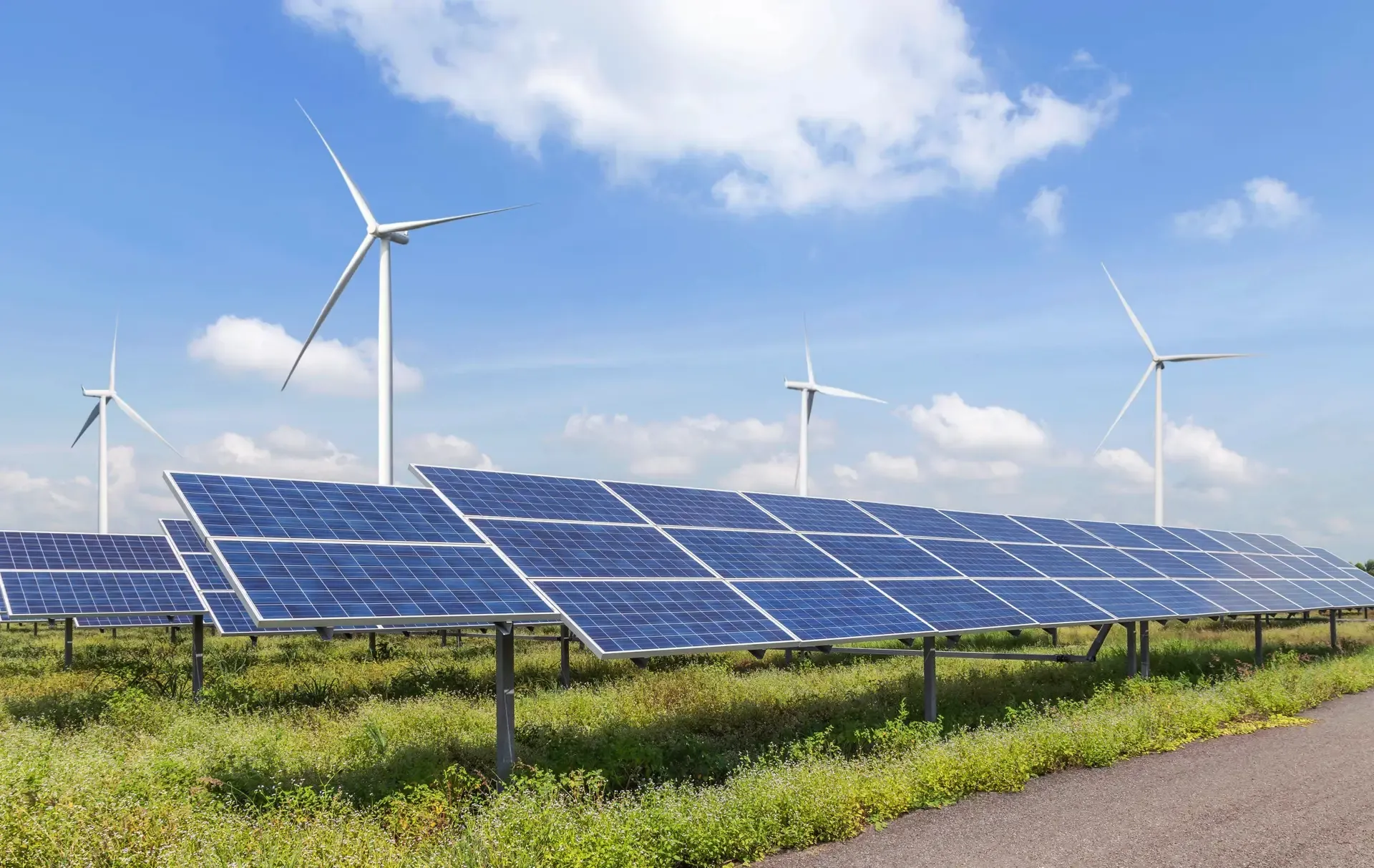Small industrial businesses could save up to £48 per MWh - an average £113,000 a year - on electricity bills, under new Government plans to expand exemptions from low-carbon levies. The analysis from Cornwall Insight, shows the average annual savings would equate to nearly 25% of an overall average of £470,000 per site.
The 25% reduction will be welcomed by businesses, especially as we forecast that the low carbon levies will remain at or around the same proportion of the bill for the remainder of the decade.
Under the new British Industrial Competitiveness Scheme, announced in the Industrial Strategy, from 2027 eligible businesses will now be exempt from paying the costs of the Renewables Obligation (RO), Feed-in Tariffs (FiTs) and the Capacity Market (CM). This package represents a paired back version of the earlier British Supercharger scheme, which offers more discounts for Energy Intensive Industries (EIIs) 2.
Cornwall Insight’s Business Energy Cost (BEC) forecast, shows a small manufacturer for the 2027-28 financial year would pay approximately £201 per MWh on electricity before VAT. If the costs of the three low carbon levies covered by the support in the Industrial Strategy are removed this would save £48 per MWh, implying a rate of £153 per MWh before VAT. Who qualifies under the exemptions are yet to be determined.
The British Industrial Competitiveness Scheme is part of a raft of measures which the Government states will support investment and employment, as well as improving the electricity connections regime and the deployment of Corporate Power Purchase Agreements.
Figure 1: Impact of the British Industrial Competitiveness Scheme as modelled from Cornwall Insight’s BEC forecast, Small Industrial Consumer percentage of cost (based upon £/MWh excluding VAT)
Source: Cornwall Insight
The savings do however come amid a wider reshaping of energy policy, with a range of new levies being introduced on households and businesses to support low carbon generation, infrastructure investment and the net zero transition, which could add to bills.
These include the costs associated with Sizewell C, transmission infrastructure discount levy for consumers living near electricity transmission infrastructure, and those for investment in hydrogen production. Today’s announcement should therefore be taken against that backdrop, as well as the immediate wholesale market impacts of events in the Middle East given the risk of shipping disruption for oil and LNG cargoes through the Strait of Hormuz.
The Government says funding for these exemptions will come from “bearing down on levies and other costs in the energy system,” as well as the UK carbon allowance market. To date, support granted to EIIs has resulted in an increased cost for non-eligible customers, and the long-term impact remains uncertain.
Dr Craig Lowrey, Principal Consultant at Cornwall Insight:
The expansion of levy exemptions offers a significant financial lifeline to smaller industrial businesses, who often face the same cost pressures as energy-intensive industries but with fewer resources to absorb them. Our modelling shows that the average small manufacturing business could save over £100,000 annually, a big boost for their competitiveness and bottom line.-
That said, this support doesn’t exist in a vacuum. We’re expecting a whole host of new charges to come in over the next few years, to support low carbon generation, infrastructure investment and the net zero transition. The real test will be how fairly the costs and benefits of the transition are distributed across the energy system.
Reference
1. An average small industrial site in Cornwall Insight’s Business Energy Cost Forecast uses 2,334 MWh a year.
2. The Energy Intensive Industries package already includes exemptions from Contracts for Difference (CfDs) and, under the newly expanded scheme, an increase in Network Charging Compensation (NCC) from 60% to 90% of network costs.

